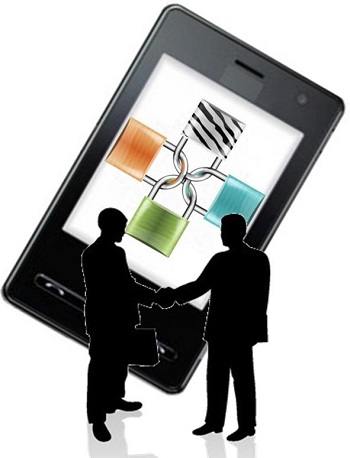A new report predicts that the rate of wearables in U.S. classrooms will notably increase in the coming years.
According to a report from Research and Markets, the classroom wearables technology market will accelerate at an impressive rate over the next four years, growing at a CAGR of 45.52% between 2016 and 2020. Reportedly, this growth trend is mostly due to the development of wearable devices designed to sync with smartphones.
More companies in the telecommunications, mobile and apps industries are seeking to expand into the wearables market.
The 63-page report features big-name companies such as Google, Apple, and Microsoft, who are associated with the education sector and who manufacture wearable devices. It also mentions other leaders in the wearable tech market, including Fitbit, Samsung and Nike.
 According to the report summary, “various technology companies are investing heavily in R&D to remain competitive. This is resulting in the incorporation of innovative functionalities, such as gesture recognition and augmented reality, in classroom wearable technology devices. Devices such as Fin, Ring, Kapture, and Myo are some of the products equipped with such modern features.”
According to the report summary, “various technology companies are investing heavily in R&D to remain competitive. This is resulting in the incorporation of innovative functionalities, such as gesture recognition and augmented reality, in classroom wearable technology devices. Devices such as Fin, Ring, Kapture, and Myo are some of the products equipped with such modern features.”
It notes that Fin is a smart wearable device designed to be worn on the thumb and functions based on finger gestures.
Improved student engagement is one of the key growth drivers of classroom wearables technology.
Improved digitalization in education, school and institutions has lead to the adoption of digital gadgets and tools like e-learning modules and tablets to better student engagement. Wearable technology has taken this improvement further and has enhanced engagement in ways that were once not considered possible.
For instance, Google Glass gives students the power to harness augmented reality. They can create first-person videos and take part in unique point-of-view experiences. Meanwhile, virtual reality headsets like the Oculus Rift, introduces students into an entirely different immersive 3D learning experience. Such devices can assist students in learning languages among other useful subjects.
That being said, the report does note that one of the major challenges that the wearable tech market faces and will continue to face is the lack of security and data privacy. Still, even with these concerns, the classroom wearable technology market will only continue to evolve with the development and release of new tech.

 The partnership with WiseKey, a company that specializes in security, focuses specifically on wearable devices. These devices have yet to become mainstream, but the launch of products like
The partnership with WiseKey, a company that specializes in security, focuses specifically on wearable devices. These devices have yet to become mainstream, but the launch of products like 